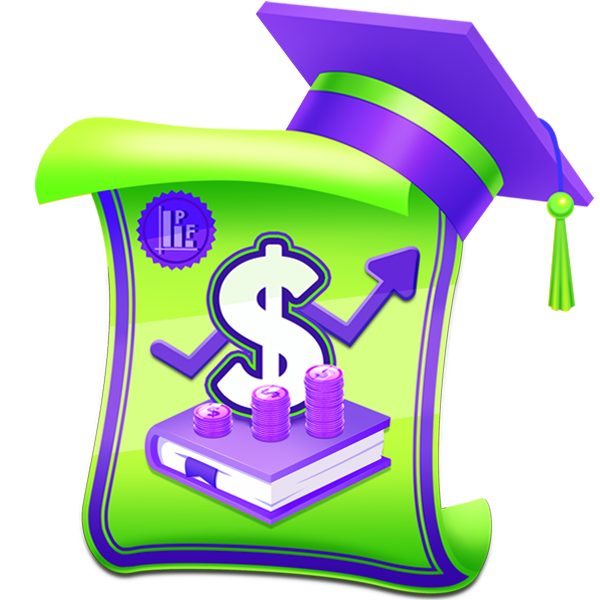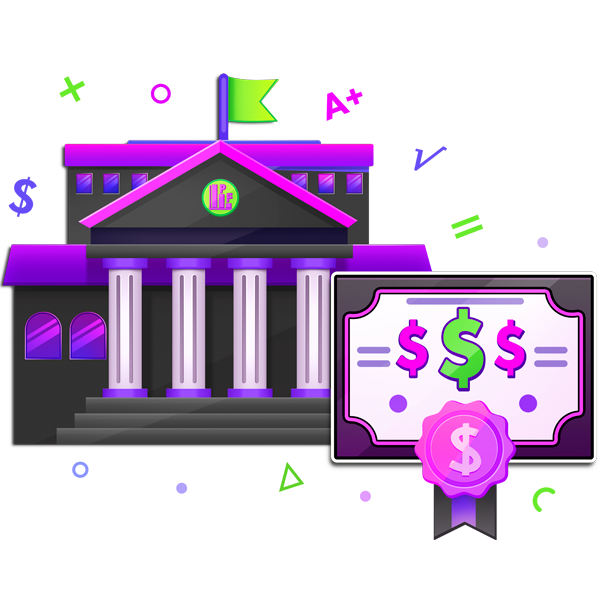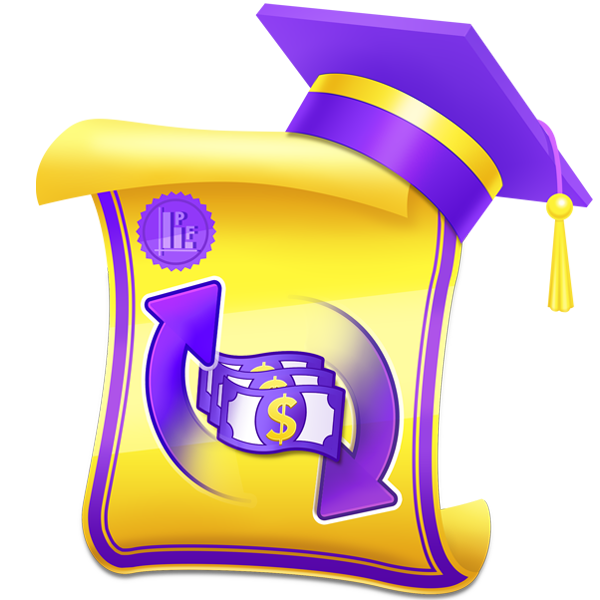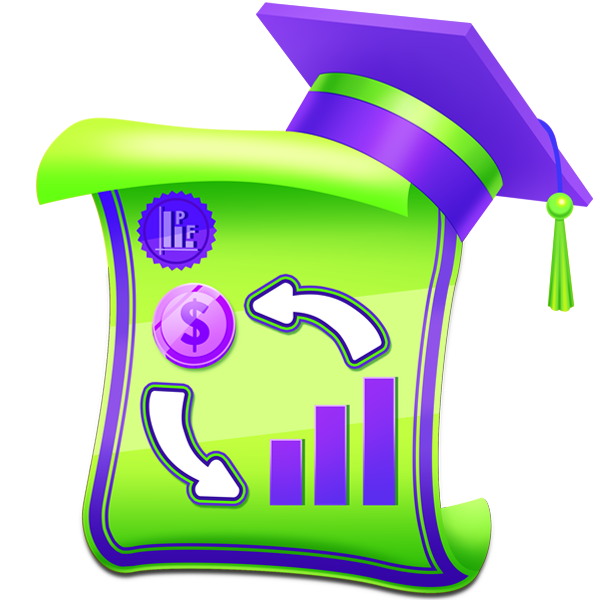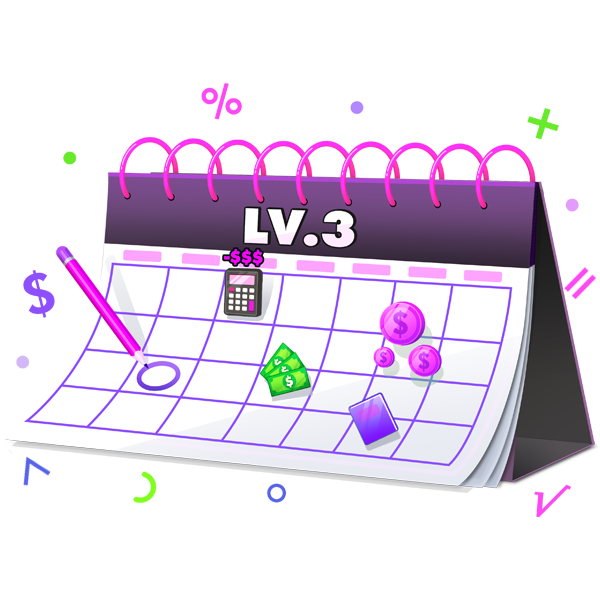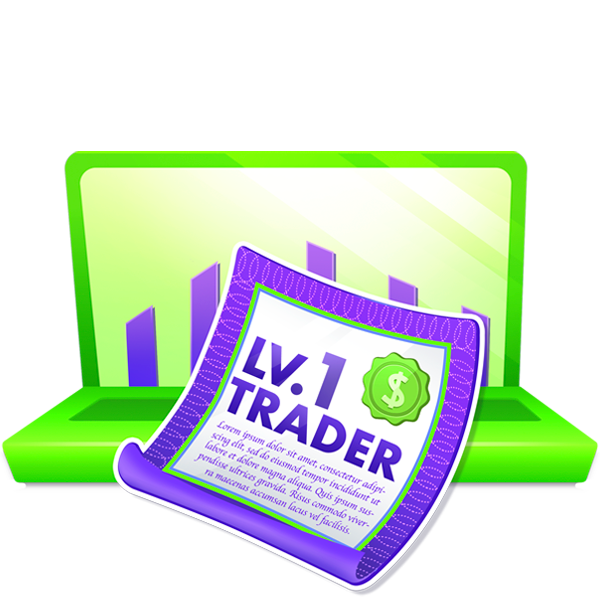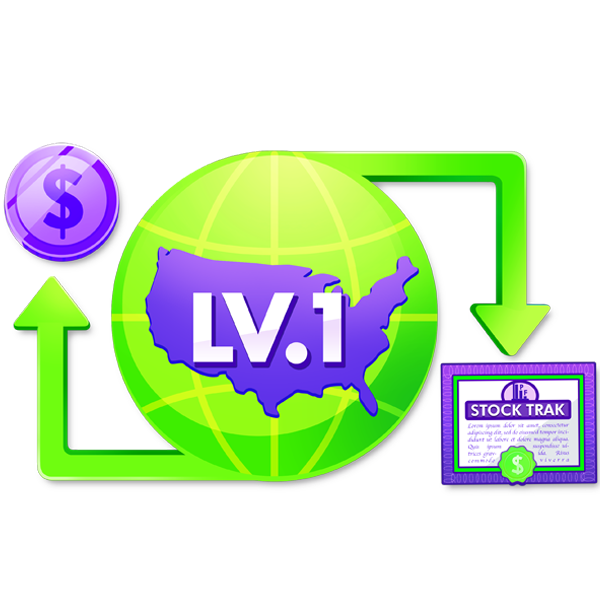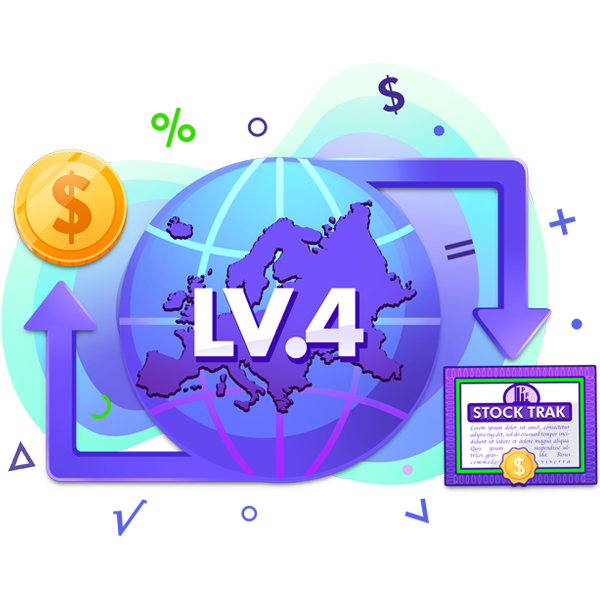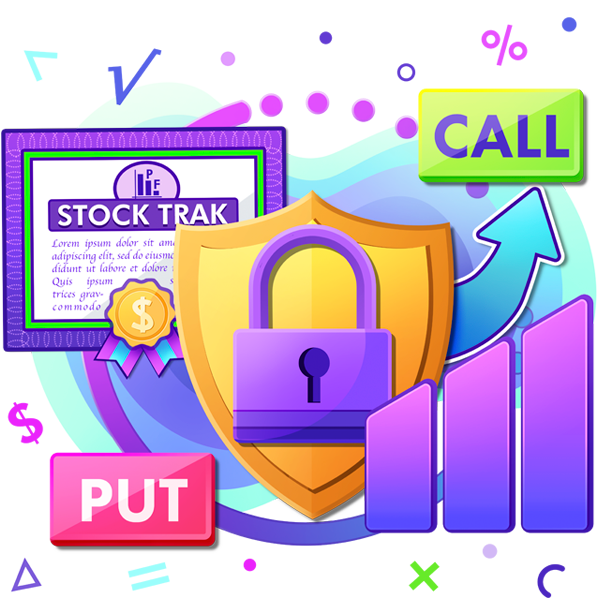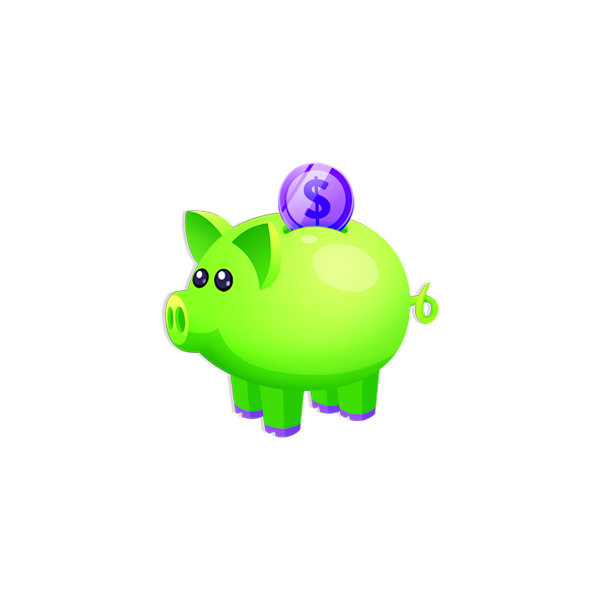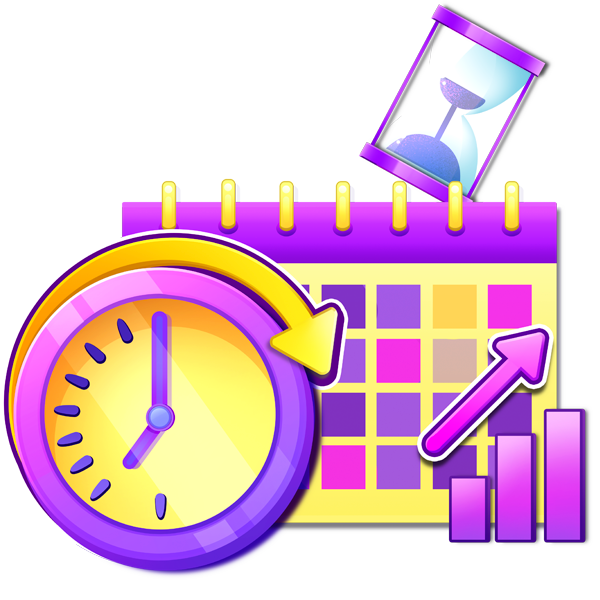Banker’s Acceptance A contract with a bank where you can make a deposit (plus fees) that can be withdrawn later by you or whoever you transfer the contract to. This is frequently used as a go-between for making a transaction where one party does not know the credit worthiness of the other party, so the Read More…
Bank Statements Documents issued from banks to their account holders. These typically include a list of transactions made on an account, starting and ending balance, and any interest earned. Related Lessons
Bank Deposits The total amount of money deposited at a bank by its customers. This is the amount of money available for the bank to lend. Click Here for our lesson on Banks, Credit Unions, and Savings and Loans
Bank Accounts An account at a bank or other financial institution where a customer or business deposits money for safekeeping, to earn interest, or to facilitate other financial transactions. Click Here for our lesson on Banks, Credit Unions, and Savings and Loans
Bank A financial institution that issues savings and checking accounts and earns a profit by issuing loans that charge interest. Other types of banks focus solely on investing. Click Here for our lesson on Banks, Credit Unions, and Savings and Loans
Balloon Payments When a loan is heavily backloaded, with small payments in the beginning of the term but a very large payment at the end of the loan term. Click Here for our lesson on Mortgages
Balanced Budget A budget that exactly balances incoming revenues and outgoing expenses. Related Lessons
Balance Transfer The act of transferring the outstanding balance of one credit card to another credit card, usually with a lower interest rate or some other incentive to lower the total amount owed. Related Lessons
Balance Sheet A fundamental financial statement showing a company’s assets, liabilities, and shareholder’s equity. Click Here for our lesson on What is a Balance Sheet?
Bad Debt Debt that is taken out for non-productive purposes, not increasing total wealth. Click Here for our lesson on Good Debt, Bad Debt
Back Load When the primary charges or payments as part of a contract are delayed until near the end of the contract or budgeting period.
Business to Customer (B2C) When a business primarily sells to individual customers.
Business to Business (B2B) When a business primarily sells to other businesses.
Average Daily Balance The average outstanding balance over the course of the month on a credit card. The total interest charge for a month is usually based on this amount. Related Lessons
Average Cost An accounting system that bases the calculation of profit or loss on the average purchase price of the assets being sold.
Automatic Payments Payments for recurring bills that are scheduled to be paid automatically from a checking account or credit card without any intervention necessary from the account holder. These are useful to ensure bills are paid on time, but risky when careful cash planning is necessary. Click Here for our lesson on Automatic Payments
Auto Insurance A type of insurance covering cars. It includes, at minimum, liability insurance in case you cause damage to another person, property, or vehicle, but can also include additional coverage to protect you from damage caused by others. Click Here for our lesson on Car Insurance
Audit An exercise of reviewing financial information to detect and correct errors or identify fraud. Related Lessons
Auction A pricing system where potential buyers submit bids up to the true value they place on an asset. There are also reverse auctions, where sellers reduce their price until a buyer is willing to pay. Click Here for our lesson on What is Economics?
Assets Anything of monetary value that can be bought or sold. Related Lessons
Asset Preservation The concept of only converting the returns on an investment into cash, while allowing the original investment to remain invested and continue to grow.
Ask Price The minimum price a seller would be willing to take in order to make a trade. Related Lessons
Ascending Triangle A triangle where the support line increases faster than a resistance line. This is usually a sign that a positive breakout is coming. Related Lesson
Artificial Barrier A barrier of entry into a market imposed by a government or other legal entity to put a limit on competition.
Annual Percent Rate (APR) This is a standardized method of advertising interest rates, by clearly stating it in annual terms. Before the introduction of APR, lenders would advertise their interest weekly, monthly, yearly, or daily, making it very hard for consumers to compare loan terms. Click Here to learn more about Credit Cards
Applicant Tracking Software A tool used by Human Resource departments to log resumes and cover letters submitted for job postings. Applicant Tracking Software frequently “processes” a submitted resume or other data into a standardized format to make it easier to filter job candidates based on specific criteria.
Annual Report A report produced once a year by a publicly traded company which contains both their audited financial statements and extra information from the company itself about their operations and outlook for the next year. Related Lessons
Analyst Ratings A professional opinion from an analyst on the merit of a stock or other security to another investor (buy, sell, or hold). Click Here for our lesson on Getting Trading Ideas
Analyst A professional who researches stock price movements to provide insight on what has happened before and what might happen in the future. Click Here for our lesson on Getting Trading Ideas
Amortization The act of dividing the repayment of a loan over the course of several years with equal payments each month. An “Amortized” loan payment goes mostly towards interest near the beginning of the loan, mostly towards principle near the end of the loan. Click Here for our lesson on Planning Long Term Purchases
American Opportunity Tax Credit A tax credit made available for education expenses in the United States. Click Here for our lesson on Tax Credits and Deductions
Age Of Exploration The historical time period from approximately 1400 through 1700 when European explorers established trade routes to Asia, Africa, India, and the Americas. This period was dominated by the Mercantilist economic viewpoint.
After Hours Placing trades outside standard market hours. After-hours trading is generally riskier than trading during market hours, since there are far fewer investors participating.
Advisory Fees Fees charged by a financial advisor in exchange for their advice, usually regarding investments. Click Here for our lesson on What is a Brokerage?
Advertising A marketing function of a business to make consumers or other businesses aware of their products and services in a positive light. Click Here for our lesson on Planning and Evaluating Business Advertising
Advanced Premium Tax Credit A tax credit earned through the Health Insurance Marketplace to help offset the cost of insurance premiums. Unlike other tax credits, this is applied directly to your health insurance premiums instead of paid back as part of a tax return. Related Lessons
Adjustable Rate Mortgage A type of mortgage or home loan that has an interest rate that changes over the course of the loan, usually based on the change in interest rates or some other independent index. Click Here for our lesson on Mortgages
Active Trading The action of buying and selling stocks or other securities on a regular, ongoing basis (usually at least 1 trade per week). Click Here for our lesson on Building an Investing Strategy
Accrual Accounting The concept that expenses and revenues are counted for accounting purposes when they were earned, rather than when a cash transaction takes place. Click Here for our lesson on Cash Planning
Accounts Receivable The outstanding bills an organization has sent to other businesses or individuals that they are waiting to be paid and converted into cash. This is an asset. Click Here for our lesson on Accounting Revenue and Expenses
Accounts Payable The outstanding bills for an organization that need to be paid to vendors or employees. This is a liability. Click Here for our lesson on Accounting Revenue and Expenses
Accounting Equation Assets – Liabilities = Shareholder’s Equity. This is a fundamental equation stating that the final amounts for each type of account must balance. Related Lessons
Accounting Cycle A series of steps that businesses take to track transactions and consolidate financial information over a specific accounting period (month, quarter, year). The end result of the accounting cycle is the production of accurate financial statements for that period and preparedness for the next accounting period. Click Here for our lesson on The Read More…
Accountant A licensed professional who prepares financial statements, assists people with filing their taxes, and / or conducts financial investigations. Accountants are certified professionals that need to obtain both advanced degrees and professional designations to maintain their role. Related Lessons
Account Number A unique number for a bank account or brokerage account. For checking accounts, it appears on the check itself to designate which bank account to transfer money to or from. Click Here for our lesson on Banks, Credit Unions, and Savings and Loans
Acceptance (Contract) When one party to a contract formally accepts the offer that was presented, making the contract binding to both parties. Click Here for our lesson on Contracts
401 (K) A type of tax-advantaged retirement account, where an employer can make contributions alongside an employee as part of a retirement savings scheme. Contributions made by an employer into a 401(k) are generally not taxable unless withdrawn before retirement. Click Here for our lesson on Preparing for Retirement
10-Q A quarterly report containing unaudited financial statements for publicly traded companies. This form is filed with the SEC and is made available to investors. It contains a company’s Income Statement, Cash Flow Statement, and Balance Sheet, with other supplementary data. Click Here for our lesson on Creating Financial Statements
10-K An annual report containing audited financial statements for publicly traded companies. This form is filed with the SEC and is made available to investors. It contains a company’s Income Statement, Cash Flow Statement, and Balance Sheet, with other supplementary data. Click Here for our lesson on Creating Financial Statements
1099 A form provided to contractors to report their income in the United States. Related Lessons
1040 The base form to file federal income taxes in the United States. It may be supplemented with additional forms for complex tax returns. Related Lessons
Your Savings and Inflation Throughout the game, we hope you have been hitting your monthly savings target and have built up a healthy Emergency Fund. Just like a real savings account, your savings account in this game has been earning interest every month too – you might notice a few extra dollars or cents added Read More…
Understanding Your Paycheck By now, you’ve received your first few paychecks on Fridays, but do you understand everything on the pay stub? Knowing how you’re paid, and what is deducted, is important when trying to budget for the future – knowing your gross pay isn’t going to cut it! Paycheck Explorer – Click the info Read More…
Your Debit and Credit Cards Once you get started on progressing through your first month, you’ll notice that you have two different ways to pay for almost every expense – your Debit Card or Credit Card. Understanding the two, and how to use them, will be essential to effectively managing your budget. Your Debit Card Read More…
Your Credit Score and Report You’ve probably already taken note of your Credit Score at the top of the page – hopefully this has been steadily moving up as you play: Your Credit Score is more than just a number, it is a single metric that has a huge impact on your ability to borrow, Read More…
Writing A Check You get your paycheck every week of the game, but we haven’t asked you to write out a physical check yourself. These days, most transactions in a “Checking Account” come from debit cards or other direct withdraws. However, there are still some situations where you might need to write a physical check Read More…
Net Worth Your “Net Worth” is kept in a running tally across the top of the screen – and you probably wish it were a lot bigger! Net Worth and Loans When you apply for a loan, banks will often ask for a calculation of your net worth. If you make a list of all Read More…
Preparing For Spending Shocks Spending shocks are large, irregular expenses. Spending shocks are the #1 reason why budgets end up abandoned, and being prepared for them is the best thing you can do to keep your personal finances healthy. There are two types of spending shocks: budgeted and unbudgeted. Budgeted Spending Shocks A budgeted spending Read More…
Opportunity Cost “Opportunity Cost” is what needs to be given up to get something. This is different from an item’s price. Imagine you want to buy some stock – you can afford one share of either Apple (AAPL) or Alphabet, Inc. (GOOG). Your Opportunity Cost of buying one is that you cannot also buy the other, meaning you’ll Read More…
Needs vs Wants For most working people who are paid a salary or given a fixed number of hours to work a week, there is not much they can do to increase their income from week to week. So, like most working Americans, the best way to manage your personal budget is by controlling your Read More…
Mortgages – Facts and Fiction So far in the Budget Game, you have been renting an apartment. In the real world, after a few years of working in the real world you may want to buy a house or condo – and to do that you will need a Mortgage. Can’t view on YouTube? Click Read More…
Managing Your Bills You’re making progress on your second month of the game – how’s your Checking Account holding up? Just like the real world, there is a lot of uncertainty with your budget. You might have been able to pay for every bill directly with your Debit Card so far, but you will find Read More…
Manage Your Credit Card Bills In some ways, credit cards are a good thing. Credit cards help us pay for things when we are low on cash, or pay for an unexpected expense. Using credit cards properly also helps us build our credit history and increase our credit score. A strong credit score helps us Read More…
Investing in Stocks When most people think investing, they think the stock market. If you find yourself with more money in your savings account than you need for your Emergency Fund, investing in stocks might be an opportunity to get a better return on investment than your savings account interest rate. Can’t view on YouTube? Read More…
Investing in Mutual Funds and ETFs When you hear about a retirement account, or a “401k”, most individuals do not want to buy a single stock – there is a lot of risk, and it requires you to pay a lot of attention to your portfolio. Most investors saving for the long-term do not necessarily Read More…
Investing in Bonds If you are looking for a consistent return on investment without worrying about the ups and downs of the stock market, you might want to consider investing in Bonds. Can’t view on YouTube? Click Here Bonds typically have lower returns than stocks, ETFs, and mutual funds, but have a consistent interest payment Read More…
Insurance Basics You probably noticed that you need to pay your car insurance each month, which is usually the most a college student needs to worry about. However, as you get closer to the graduation date, there are several other types that can become important! Car Insurance If you drive a car, you MUST have Read More…
Income Tax Return When you get your first job and move out on your own, you will be responsible for filing your own your tax return. In the U.S., tax returns are due on April 15th of each year. The tax return is called a Form 1040. On the Form 1040, you will add up Read More…
Financial Institutions As you grow older and start living on your own, at some point you will need to open your own checking, account, brokerage, and retirement accounts. When you are ready to open these accounts, you need to understand the differences between the various financial institutions that offer each of these accounts so you Read More…
Comparison Shopping You’ve already made dozens of spending decisions throughout the game, usually with just a few options to choose from. In the real world, you will need to spend a lot more time and effort into making sure your get the best deal! Here’s a few quick tips to get you started in the Read More…
Building Your Emergency Fund A recent survey of U.S. workers by CareerBuilder found that a whopping 78% are living paycheck to paycheck. Similarly, another recent survey by Bankrate found that 60% of Americans would NOT be able to cover an unexpected $1,000 expense. This means that most Americans don’t have enough in savings to cover Read More…
Get to know the basics of how the stock market works! In this challenge, you will start with a $100,000 portfolio that you can invest in US stocks. The maximum you can invest in any 1 company (or stock) is 5% of your overall portfolio – or $5000. If you need any assistance getting started, Read More…
Cryptocurrency Trading What are Cryptocurrencies? Cryptocurrencies come in many shapes and sizes. Some of them are designed to be like a form of “digital gold”, like Bitcoin. Others, like Ethereum are designed to be programable money. There are many different use cases for these “digital assets”. In general, cryptocurrencies are a form of digital money Read More…
How Do Bonds Work? Can’t view on YouTube? Click Here A bond is an IOU. Governments and businesses can raise money for their projects by requesting money from investors. The organizations who raise money through bonds are called bond issuers. The groups or individuals who provide the money are called bond buyers, or bond holders. Read More…
How to Build a Portfolio Can’t view on YouTube? Click Here Pop Quiz
Why do people invest in the stock market? Most people put their savings in the bank. A lot of people want their money to grow more than what is possible by keeping it in the bank. That is why they choose to invest their money. Some of the options are to buy land, buildings, stocks, Read More…
Why do people invest in stocks? Once you have a budget and saved up your emergency savings fund, you will start to have extra savings that go towards your future. Most people put their savings in the bank. Banks usually pay interest on the cash in your account, so if you have $1000 in your Read More…
ETFs Made Easy Can’t view on YouTube? Click Here Pop Quiz
Do you teach personal finance, business, or social studies? Discover why the Budget Game, Stock Game and our Learning Library of assignments and lesson plans will transform how you teach financial literacy. And make teaching more fun, curriculum planning easy, and improve student engagement! Download the Teacher Packet Brochure, click here. Budget Game Students learn Read More…
StockTrak has been the global leader of virtual stock market simulations for over 30 years. We provide a virtual platform for professors to teach financial literacy to their students enrolled in university or college classes. Investment professors, don’t let your students miss out on this fantastic learning opportunity. Last year, we had 8000 students registered Read More…
What Is TD Bank’s Virtual Stock Market Simulation? It is a portfolio simulation tool for students to get familiar with real market data, buying and selling securities, and managing a portfolio in a controlled environment. Teachers or Instructors can set up a class by defining the “class rules” – what types of securities can be Read More…
Welcome to TD Bank’s Stock Game! This resource packet has everything you need to successfully use our Stock Game in your class; whether it’s remote or in person. Logging In Once you have your account, you can log in directly at TD Bank Virtual Stock Market Game – just click “Login” at the top left Read More…
What is a stock? Part ownership of a business Example: lemonade stand You and your friend each put in $5 to start the business ($10 total)—you each own half of the business Shares might cost $5 each—you each own one share; or maybe $1—you each own 5 shares What determines the price of a stock?? Read More…
For each of the stocks you now own do the following: 1. What is the company’s industry? Will the industry do well in the current economy? Airlines, restaurants, and entertainment stocks are doing poorly due to COVID These stocks should recover as the economy gets going after COVID Internet stocks have done well during COVID Read More…
For each of the stocks you now own do the following: 1. What is the company’s industry? Will the industry do well in the current economy? Airlines, restaurants, and entertainment stocks are doing poorly due to COVID These stocks should recover as the economy gets going after COVID. These stocks should recover as the economy Read More…
What is a stock? Part ownership of a business, like you and a friend having a lemonade stand. You would each own half of the stand and split the income. What determines a stock price? Stock prices are based on how much money investors think the company will make. If you were buying a lemonade Read More…

